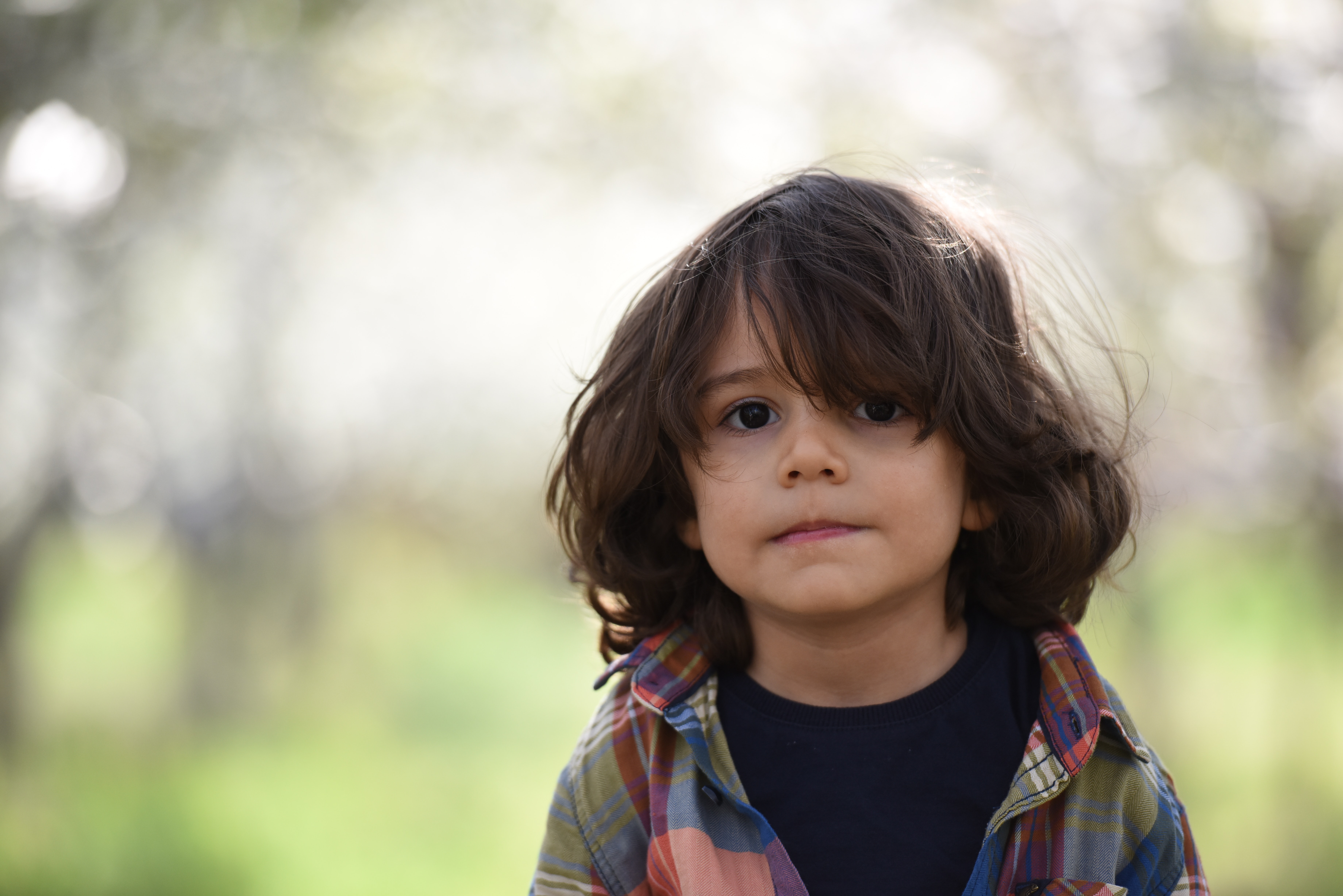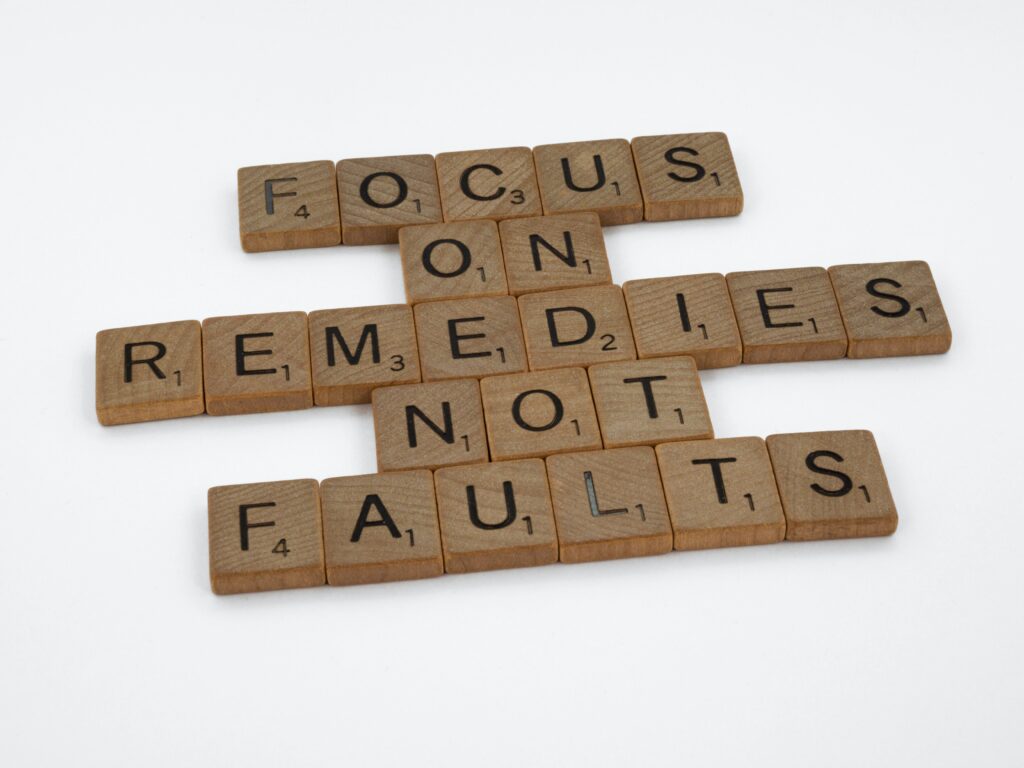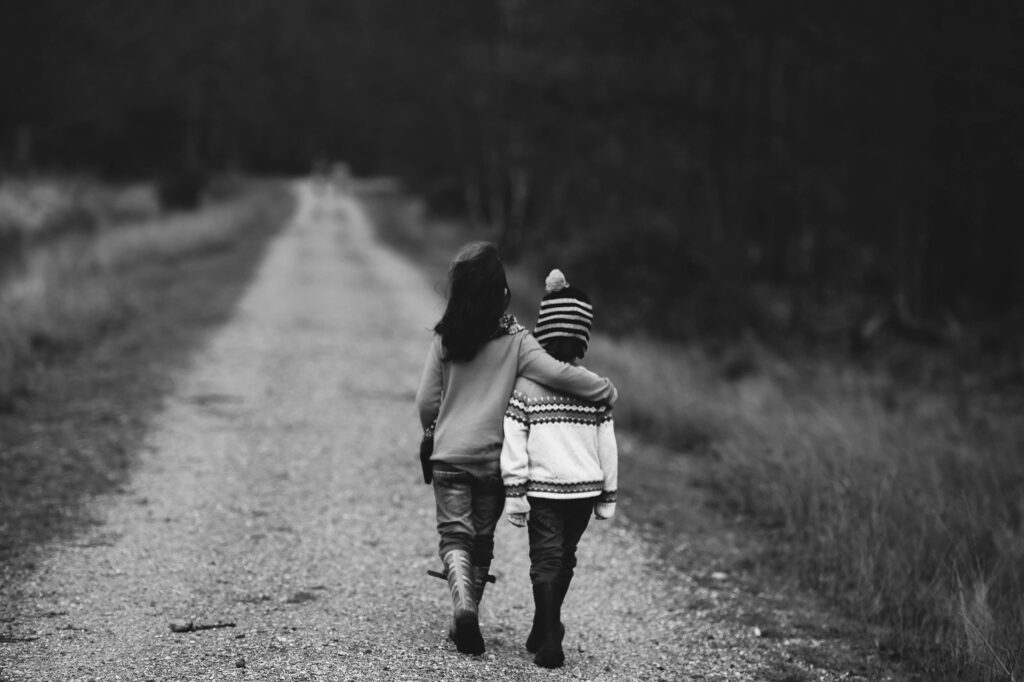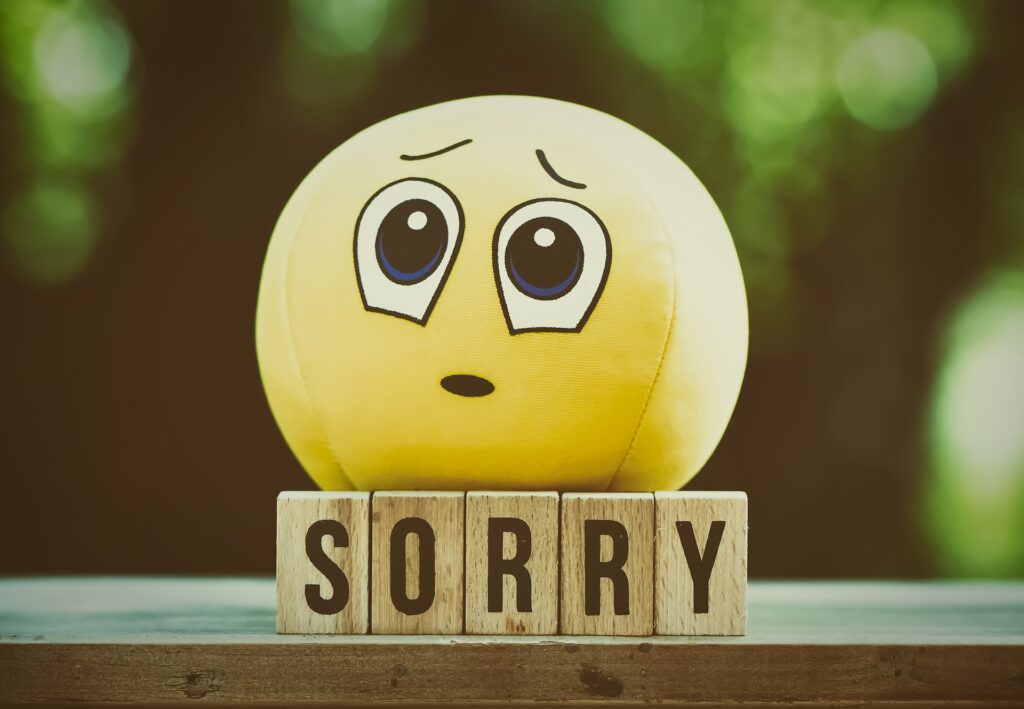10 Things Your Inner Child Needs To Hear Right Now


The term “inner child” can seem very esoteric and kind of out there. It sounds like something hippies would say but your inner child is not just a “new age” term, but an extremely important and large part of who you are, how you deal with emotions and your own programming and beliefs as an adult.
Childhood conditioning plays a huge role in how and who we are as adults. We absorb our surroundings and experiences via our subconscious, where all of our beliefs and emotions live. Our subconscious is not to be underestimated at all. A person with a subconscious belief that they are unworthy of love will stay in an unhealthy environment because they don’t believe that they deserve healthy, nurturing love, for example.
As much as we grow up and grow older, we are essentially that same kid, just in a bigger avatar. So if you have a wounded inner child, that is who is running the show of your life. Your inner child might be wounded if you struggle, more often than not, with: struggle with trusting yourself and others;you have problems regulating your emotions; a fear of abandonment; you’re ashamed of expressing emotions like sadness and anger; you have difficulty with boundaries; identity issues; poor self-esteem; obsessive behaviour and are addiction-prone. These wounds need healing. If these points resonate with you, here are 10 things your inner child needs to hear from you.
- “It’s OK To Have Feelings And To Express Them”

As children, we didn’t all have authority figures that placed importance on our emotions and feelings. As long as we were fed, clothed and had a roof over our heads, that was all that mattered. Any kind of honest emotional display was seen as a challenge to their rule and would result in you getting your feelings hurt. This creates a belief that your emotions inspire anger in people, are irrelevant and that not all of your emotions should be expressed.
This shame cycle continues into adulthood. We remember that we can’t express our own anger and sadness because we’ll be ridiculed for it. As we get to know our inner child more, we learn that we need to create a safe space for their emotions to be expressed, no matter how small and to acknowledge and accept them.
- “You Are Safe”

Some of us as kids moved around a lot and this might have created an anxiety about going to new places or just moving because we never knew when or why it was happening. We may have been around our family or guardians but we still felt alone, unsafe and unprotected because of the uncertainty of where we were going to sleep that day.
While not all of our issues regarding safety come from the physical, the main focus is that our inner child needs to feel safe. It helps to stabilize them and feel like they have a place that won’t change or if it does, they are included in the decision making process. Because our inner child lacked defense from the outside, we now need to find safety in routines, hobbies, health practices and our own emotions. They need to know that they are worthy of protection, especially yours because you have pledged to always be around.
- “It’s Not Your Fault When Other People Are In A Bad Mood”

Children don’t really have the cognitive ability to self-regulate or to be aware of emotional boundaries. When something happens to us as children, we internalize it. So if someone, especially any authority figure, was mean to us and lashed out, we believed that it was our fault for being bad and making them react that way.
This belief is harmful because it creates the belief and the burden that other people’s emotions are your responsibility and you must tread lightly. This walking on eggshells around people’s feelings creates another anxiety within the child who will become an adult who people-pleases to avoid being known as the bad guy who hurts people’s feelings and has no identity and sense of self because they go along to get along. As you heal your inner child, learning about emotional boundaries and when responsibility starts and ends is a great tool for self-confidence and self-validation.
- “I Hear You And I See You”

People who grew up in happy homes (no shade) don’t have an understanding of people who didn’t . Dysfunctional families have conditional love, emotional manipulation tactics and a disregard for the individual. Children are barely seen and heard. We are taught to prove that we are worthy of love by performing in a certain way so as not to embarrass the family. This creates a void within the child who feels like they are invisible and a toy only taken out of the box to perform for the outsiders.
Feeling invisible to the people who you love and who are supposed to love you is heartbreaking for a child because they believe that there’s something wrong with them. So to heal feeling unseen and unheard, we must acknowledge and accept how certain memories affected and still affect us; how we felt lonely, alone and unseen like our existence wasn’t real or didn’t matter. To heal this, we must value our own opinions and thoughts, be more encouraging to our younger self and listen more to the heart’s desire that we had as children that we still want to fulfill.
- “I Love You”

You might have never heard that phrase directed at you before as a child. Or it was but it came with some condition or favour. “You know I love you right? So can you please go and…” insert task here. You might have not been told that you are loved unconditionally by your guardians or parents. You might have even been raised in an environment where emotions were seen as weakness and you were only allowed to be happy,even when you weren’t.
Not having this positive reinforcement can make a child feel like they aren’t lovable or worthy of love. When you are reparenting yourself, one of the many parts of this process is showing your inner child love and saying it out loud, maybe when you pass a mirror. It will feel uncomfortable and silly and seem like you’re lying to yourself at first, but over time you start to feel comfortable about it and become more okay with the concept of loving yourself unconditionally. Your inner child needs to be reminded of your love and that they’re a good person.
- “What Happened To You Was Not Your Fault”

Just like I previously mentioned, children don’t really know how responsibility and boundaries work with regards to emotions unless they are taught. So many of them assume that the terrible and horrific things that happened to them were deserved when they were not.
If you went through something or things that were particularly traumatic in your childhood, I hope you get the good quality professional help that you deserve to heal. Another tool that helps your inner child feel better and heal is to remind them often that what happened to them wasn’t their fault. No child or person would willingly make a decision that damages them or ruins a part of their life. By working through this shame, you build your self esteem and learn how to see yourself in an honest way.
- “You Did Your Best”

When you have high expectations placed on you from your parents, guardians and the people around you and you end up not measuring up, you start to feel ashamed and believe that you are not good enough. Anything you start doing feels futile because you don’t feel like you should try because you believe that you’re insufficient and ineffective.
In adulthood, this can translate into an overachiever who expects perfectionism and cripples themselves with this belief or an underachiever who achieves much less than they are capable of doing. These extremes are on different sides of the same coin but are still damaging. This stress is placed on your inner child and it is a sad thing to go through. That’s why it’s very comforting to tell them that they did the best they could with what they knew at the time and to not dwell on what could have been done better or differently.
- “I’m Sorry”

An apology? For what? You have been hard on yourself, and pushed yourself without nurturing and being kind to yourself. This might have had an effect on your health. You carry around guilt and shame for things that are not your responsibility.
So apologizing to your inner child might be something they have never had. You are apologizing for not having been kinder to them and not listening to them more about what they really wanted to do, for example. You’re apologizing for not fighting harder for them and for criticizing them when they actually needed your support. No one is the bad guy here but it would alleviate some shame and guilt from your inner child if you apologize because you would be acknowledging the wrong done to them and yourself.
- “I Forgive You”

Even children make mistakes but it’s a learning process, like everything else. But some children will do things that have far more catastrophic consequences than planned and they can hold onto that guilt that they let themselves down and the fear of trying new things because of what happened before. Sometimes it wasn’t their fault but it felt like it was.
So extending compassion and forgiveness to your inner child will remove this guilt and regret for thinking that certain things were their fault and for thinking that they could have done better. You have to remember that you were a child and you didn’t know any better. So forgive yourself.
- “Thank You”

Children are mostly good at bouncing back. They are optimistic and this is a great trait to have. So even if you were struggling in your childhood, your inner child would not mind being appreciated and applauded for the work that they did for you, out of their love for you.
Expressing gratitude to them for not giving up, for getting through some tough things solo with resilience and strength. Being thankful to them for protecting you, even if that meant that they held onto painful memories so we wouldn’t feel that pain again and for doing the best that they could and that time.
FINAL THOUGHTS
While this article goes back and forth between “them” and “you”, your inner child is you, just in a different timeline. When you heal your inner child, you are healing yourself and becoming more aware about who you truly are. Giving your inner child the love, attention and validation it needs is a daily process. It’s like you’re parenting and raising yourself from scratch (and in unfortunate cases, all over again). It can even feel strange to care for and be in contact with a metaphorical part of yourself but over time, you get used to it. Your inner child is you and it’s time to give your small, original self the assurances that they never received. Don’t feel inclined to rush the process. It’s a long and winding road. You don’t rush babies to walk. You let them get there in their own time, so extend that kindness to yourself.
Good luck.
REFERENCES
*Chen, L. (2020, December 23). 7 things your inner child needs to hear you say. Tiny Buddha. Retrieved November 1, 2021, from https://tinybuddha.com/blog/7-things-your-inner-child-needs-to-hear-you-say/.
*Johnson, E. B. (2020, August 30). All the things your inner child needs to hear you say. Medium. Retrieved November 1, 2021, from https://medium.com/lady-vivra/what-your-inner-child-needs-to-hear-88036805a753.
*Raypole , C. (2021, October 21). 8 tips for Healing your inner child. Healthline. Retrieved November 2, 2021, from https://www.healthline.com/health/mental-health/inner-child-healing#acknowledge.
*Surviving_abuse_self_care. (2021, October 17). Love yourself. Instagram.com.Retrieved November 2, 2021, from https://www.instagram.com/p/CVIXFY7M12u/.
*Williams, P. (2020, October 14). 5 things your inner child needs to hear you say. Medium. Retrieved November 1, 2021, from https://medium.com/change-your-mind/5-things-your-inner-child-needs-to-hear-you-say-b54bcc5ae43a.
*Williams, P. (2021, October 13). 6 signs you have a wounded Inner Child. Medium. Retrieved November 2, 2021, from https://medium.com/be-unique/6-signs-you-have-a-wounded-inner-child-319166feec06.



Responses